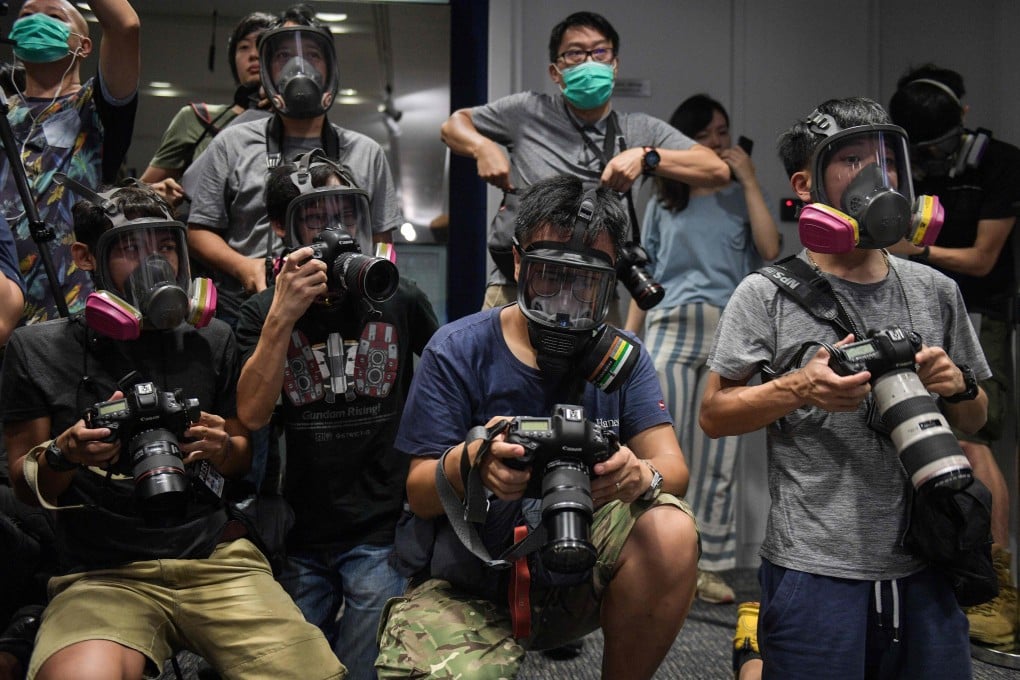National security law: Hong Kong Journalists Association survey reveals 98 per cent oppose legislation amid fears over personal safety, self-censorship
- Overwhelming opposition to the legislation Beijing is tailor-making for Hong Kong among those who responded to HKJA survey
- Journalists fear their work will fall under the scope of the law, and that the media will exercise self-censorship

Some 98 per cent of the 150 respondents said they were against the legislation, with an overwhelming majority also registering concerns over its potential impact on press freedom and their own welfare.
The new law aims to prevent, stop and punish secession, subversion of state power, terrorism and foreign interference in Hong Kong.
Critics warn the law could be used to suppress dissent and erode freedoms, while Beijing has repeatedly said it would only target a minority of lawbreakers.
The association sent out surveys to all 535 of its members last week, giving them three days to respond.
Of those that replied, nearly 90 per cent believed the new law would “seriously affect” press freedom in Hong Kong, and 92 per cent said they were worried it would threaten their personal safety.
Chris Yeung, the association’s chairman, warned that journalists were at risk of falling within the scope of the legislation, given the uncertainty over whether their work would be seen as subverting state power.
